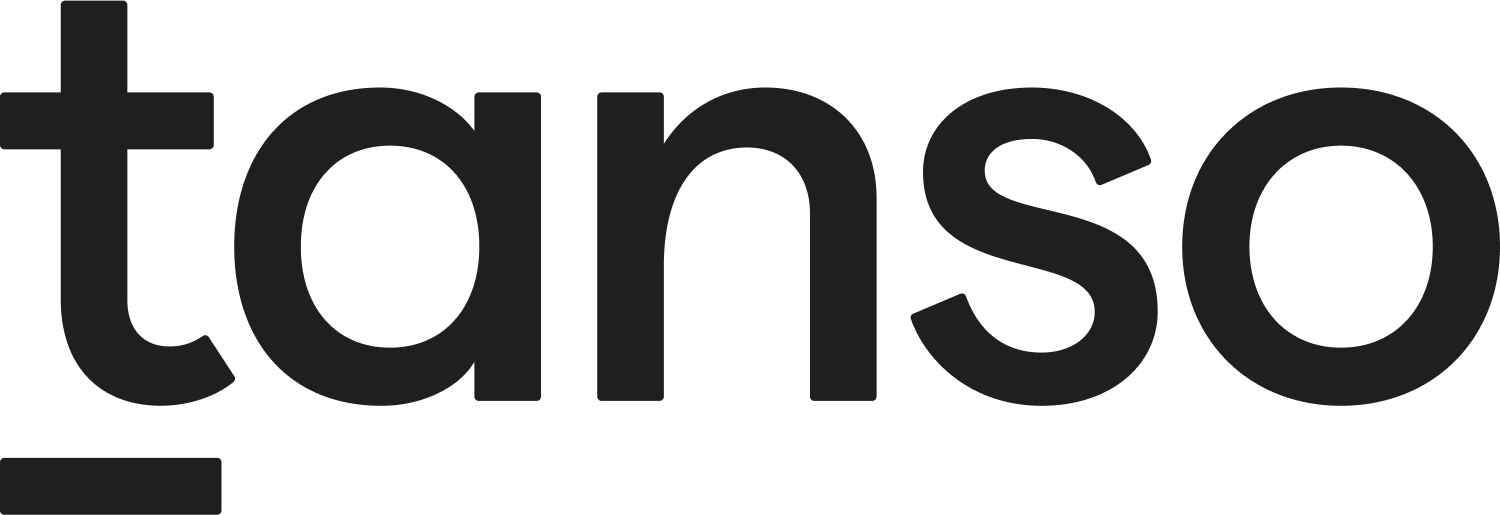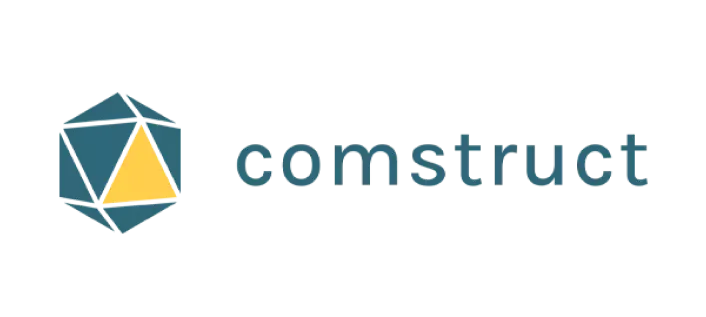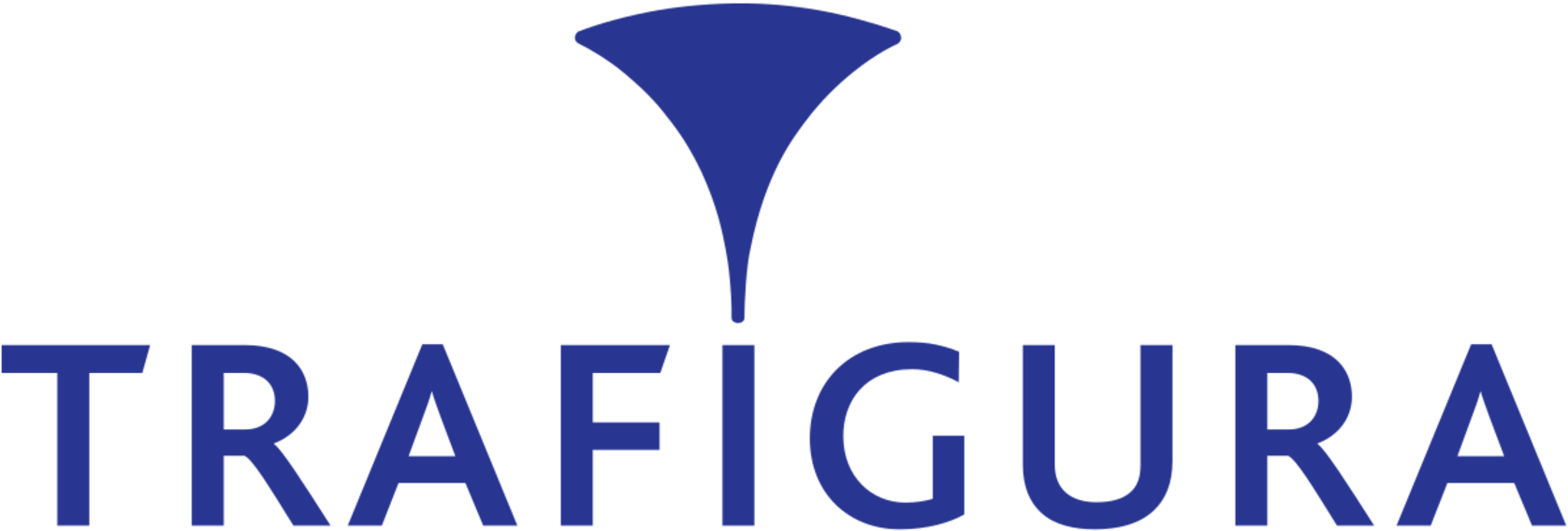
.png)

The main benefits of ISO 27001 certification
The ISO 27001 costs, duration and validity
The detailed requirements for your future ISMS
How to get ISO 27001 compliant as a startup
The key problems and mistakes you could make
List of the requirements for getting ISO 27001 certified and more!

Scaling companies that partnered up with Secfix








The ISO 27001 standard serves as a TÜV seal of approval for your company's IT security. It helps organizations to structure their employees, processes and technologies to ensure the confidentiality, availability and integrity of information. Read more about the benefits for startups here.
ISO 27001, TISAX®, and SOC 2 are ongoing commitments to Information Security, not one-off expenses. Costs vary based on your organization's size and include implementing specific security controls, using Secfix’s automated solution for ISMS development and audit preparation. Budgeting for internal and external audits, as well as additional security tools like Password Managers and Anti-Virus solutions, is also essential.
For a customized quote, book a free consultation to explore our offerings in detail.
ISO/IEC 27001 is not mandatory in most countries, but is recommended for all companies as it offers enhanced data protection. Find out more here about why you should still tackle it.
ISO 27001 covers the establishment, implementation, maintenance and continual improvement of an information security management system (ISMS). It includes the creation and implementation of policies that regulate people's access to sensitive information and systematically ensure confidentiality, integrity and availability.
ISO 27001 and SOC 2 both adhere to data security best practices, resulting in numerous common controls and requirements. Despite this overlap, each standard retains its own elements. Consequently, certification to ISO 27001 does not automatically mean that the organization is ready for SOC 2 compliance, and conversely.